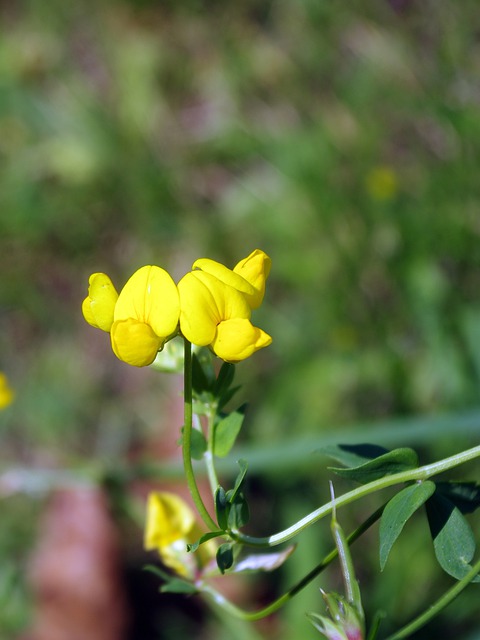Fenugreek Seed

Also known as Trigonella foenum-graecum, Alholva, Bird's Foot, Bockshornklee, Bockshornsame, Chandrika, Foenugraeci Semen, Foenugreek, Greek Clover, Greek Hay, Greek Hay Seed, Hu Lu Ba, Medhika, Methi, Trigonella.
Introduction The name fenugreek comes from the Latin term Foenum-graecum, or Greek hay, the plant being used to scent moldy hay. The genus name, Trigonella, is derived from another Greek name denoting "three-angled," from the shape of the "crown" around the seed. Ancient Roman medicine used fenugreek as an aid to male potency.
Constituents Arginine, beta-carotene, beta-sitosterol, coumarin, diosgenin, fiber, gamma-aminobutyric acid (GABA), kaempferol, luteolin, magnesium, manganese, niacin, potassium, pyridoxine, quercetin, riboflavin, rutin, sulfur, thiamine, trigonelline, tryptophan, vitexin, vitamin C, zinc.
Parts Used The fruit or "seeds," dried and used whole or ground.
Typical Preparations Used in cooking. Usually encapsulated for medicinal use, since the seeds are bitter. Up to 3-1/2 ounces (100 g) of the seeds can be eaten in a single meal without gastrointestinal side effects, but greater amounts provide too much fiber for most people. Also taken as an extract.
Summary In the nineteenth century, Arab physicians would prepare a paste of fenugreek seeds soaked in water as a food for diabetics. Research in the 1990's found that adding an extract equivalent to 1-3 tablespoons of fenugreek seeds to the daily diet of diabetics significantly lowered blood sugars, HbA1C, triglycerides, and total cholesterol while raising HDL ("good") cholesterol, but most North Americans, Australians, and Europeans would find the bitter taste difficult. Encapsulated forms are most easily tolerated. Poultices of fenugreek seeds are a traditional remedy for furuncles, boils, and eczema. Used for bronchitis, dissolving mucus lung congestion, killing infection in the lungs, tuberculosis, throat and chest disorders. Used for debility after illness, for weight gain, to prevent fevers (working similarly as quinine), reduces symptoms of fever (when used with honey and lemon), and for nourishing the body during illness.
Precautions If you wish to use fenugreek to lower blood sugars, it is better to use the powder rather than the whole seed. The powder releases more vanadium as it is digested. Avoid fenugreek if you are allergic to chickpeas, and Fenugreek should not be taken medicinally when pregnant, however moderate use in food should be fine.
PURCHASE FENUGREEK SEED EXTRACT
For educational purposes only. This information has not been evaluated by the Food and Drug Administration. This information is not intended to diagnose, treat, cure, or prevent any disease.
This information courtesy of MOUNTAIN ROSE HERBS, with full, written permission for reuse. For further traditional information concerning Fenugreek, please visit this excellent resource from Botanical.com. Used with full, written permission.







